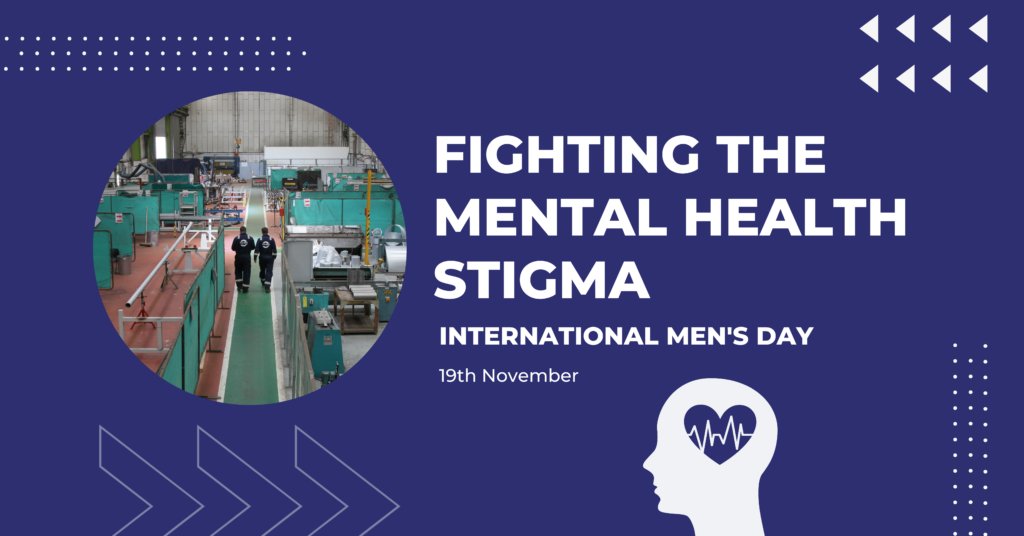Predictions made by the World Health Organization (WHO) show that, by 2030, mental health problems (particularly depression) will be the leading cause of mortality and morbidity globally.
Men are almost three times more likely to take their own lives than women in the UK, with men aged between 45-49 having the highest suicide rates today.
Tragically, statistics reveal that the engineering industry has one of the highest rates of suicide.
The number of firms operating in this industry has continued to rise throughout COVID-19, unlike other industries. With many jobs in the sector being self-employed, individuals may be constantly trying to balance the books whilst also looking for new business opportunities to keep earning an income.
Moreover, unlike larger businesses, there are few small businesses that have dedicated HR resources to develop and support mental health policies.
There are various factors that can have a negative impact on an individual’s mental health, including, but not limited to, financial concerns, family difficulties, poor physical health, lack of job security, and other work-related issues. Every business is affected by mental health problems within the workforce.
The gender proportion across the engineering industry is highly unbalanced, as it consists of 82% males and 18% females. The male-dominated nature of this industry may contribute to poor mental health, which can go unrecognised and untreated.
Although there has been some progress in addressing the issue, the ‘macho’ culture remains. This culture encourages men to adopt unhealthy coping mechanisms and prevents them from seeking help.
Engineering is a stressful industry, and the way it operates can contribute to poor mental health. If men feel like they cannot seek support, this could be why we see such high rates of suicide within the industry.
Employers also need to be aware of the impact on the wider workforce. If employees are not supported with their mental health, it can have a snowball effect on other members of the team and business. It’s important that we all encourage awareness and try to destigmatise suicide, as its results are devastating for those affected.
We spoke to Senior HR Manager, Jennifer Tully about how Tulway is promoting positive mental health to support its employees and fight suicide in the construction industry.
Jennifer said: “We are in the process of reviewing our mental health at work plan, which will detail what support is available to employees across both sites if they are experiencing poor mental health, whether it is due to concerns inside or outside of work.
“As the company continues to expand and evolve, maintaining a positive work environment remains a top priority for the senior leadership team. This is where many organisations can go wrong – as they grow, they tend to lose focus on this aspect. Our MD’s and senior leaders remain present on the shop floor so they can observe the working environment, and always involve staff in decision making. We frequently provide opportunities for learning and development as we value our workforce, and we want to ensure they know their work is meaningful.”
When prompted to discuss the importance of World Suicide Prevention Day, Jennifer stated: “it is vital because by raising awareness, you are encouraging discussion, which is important to help address any stigma. In the construction industry in particular, mental health can remain a taboo subject when there is a lack of awareness and understanding.”

